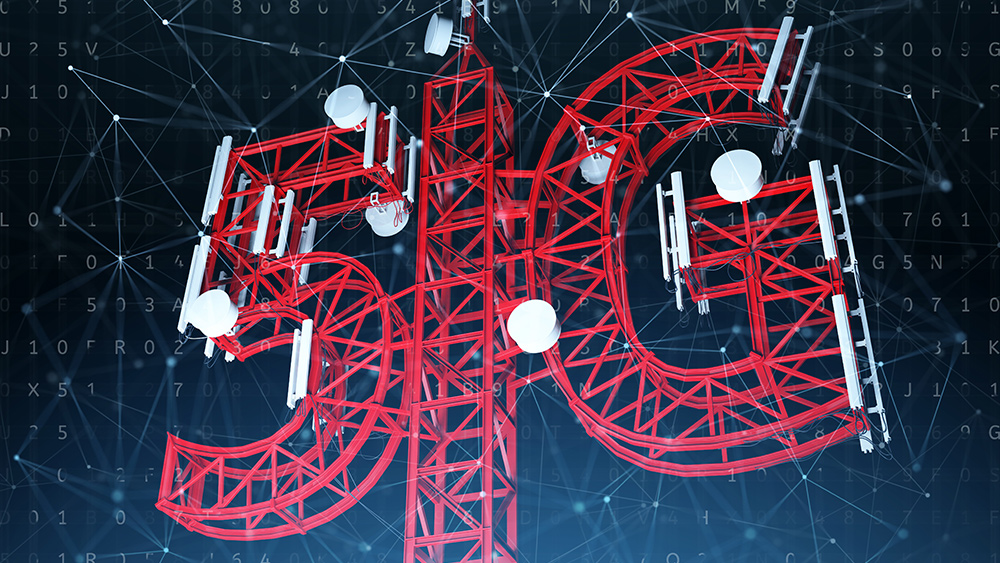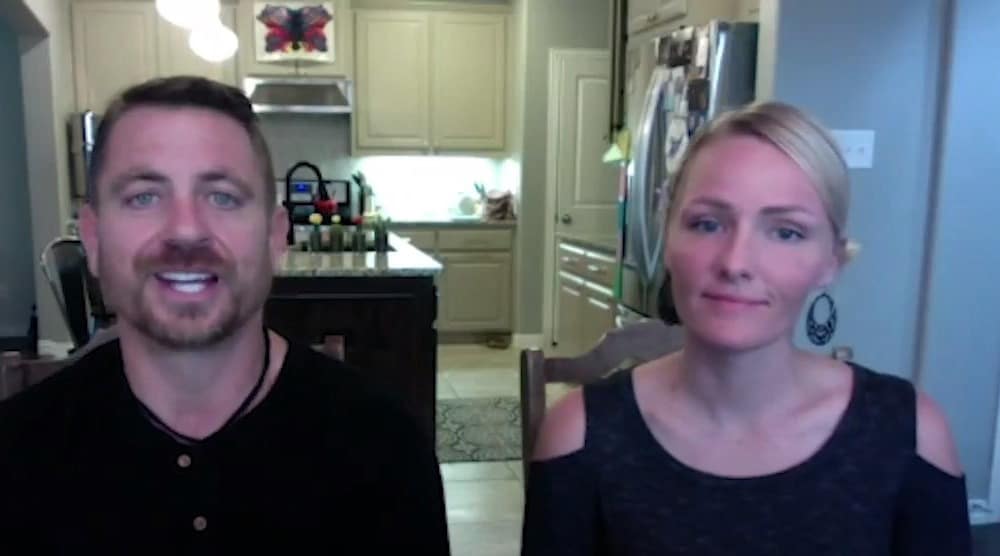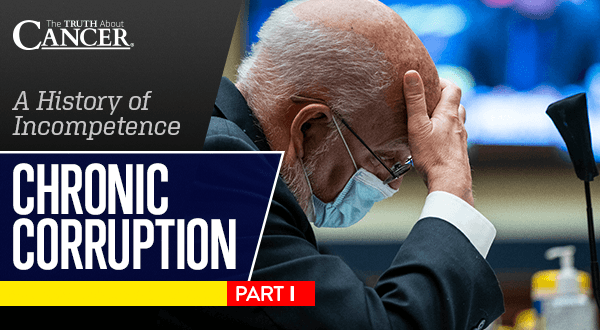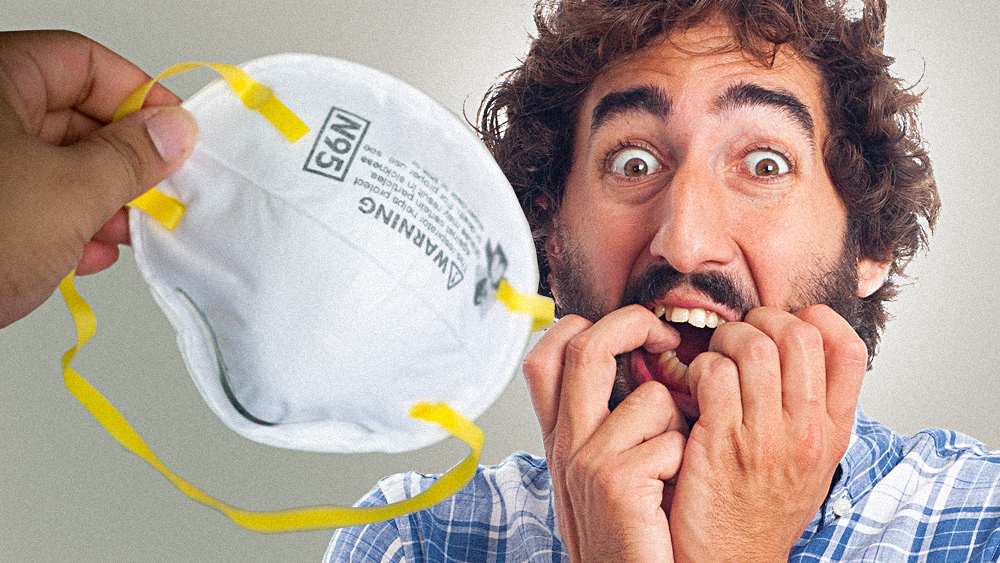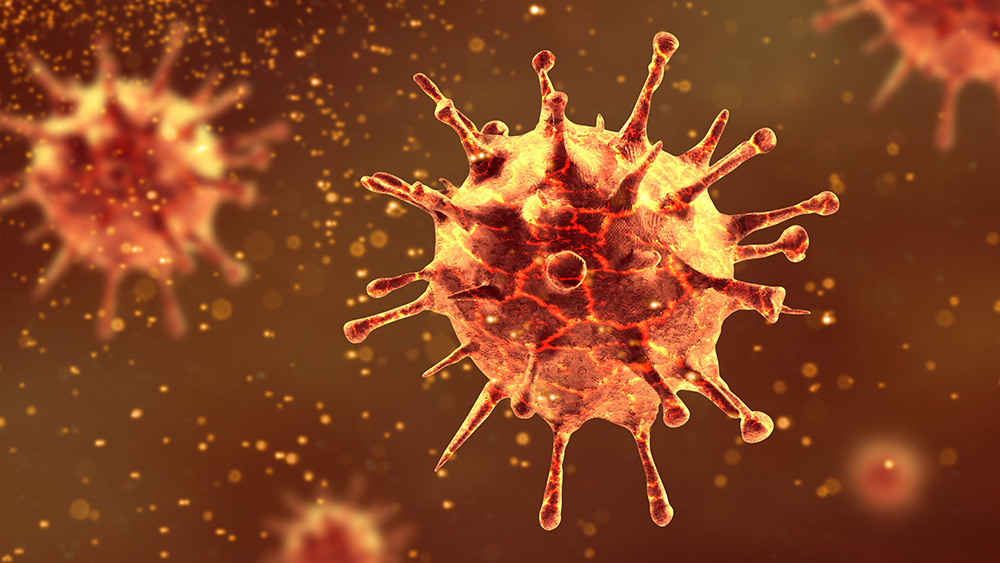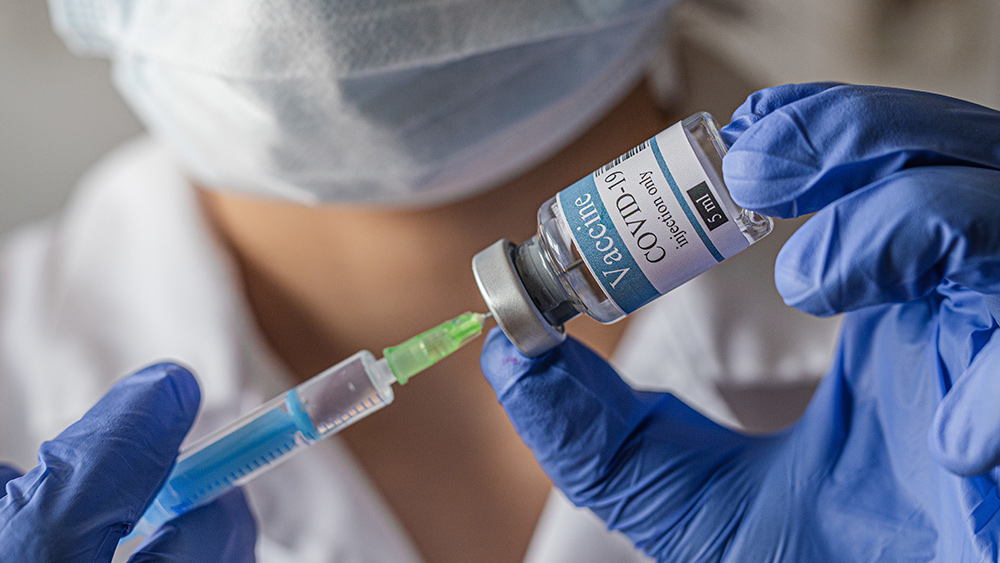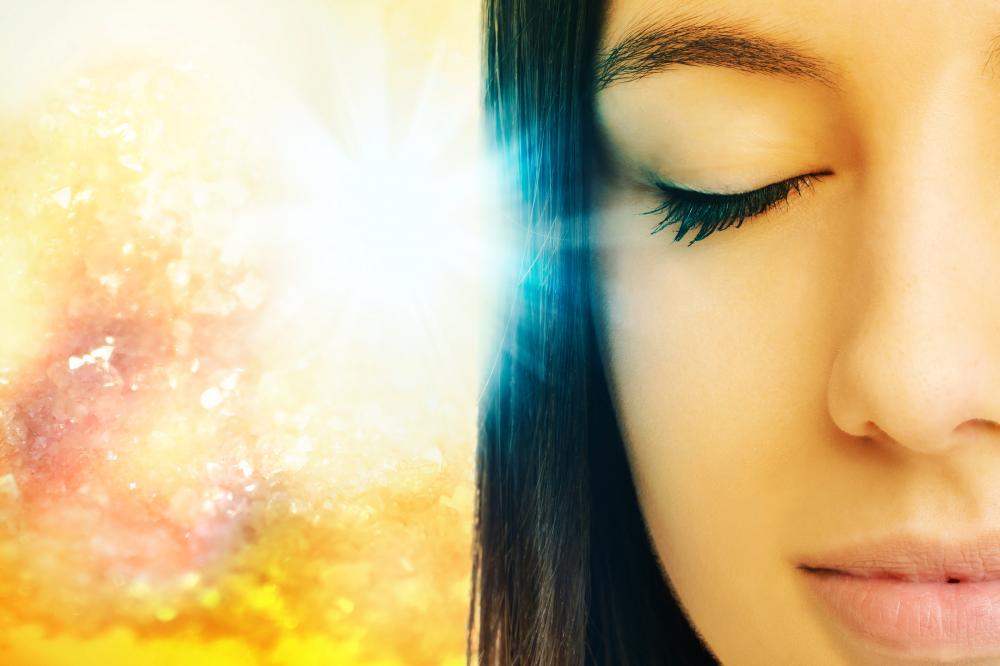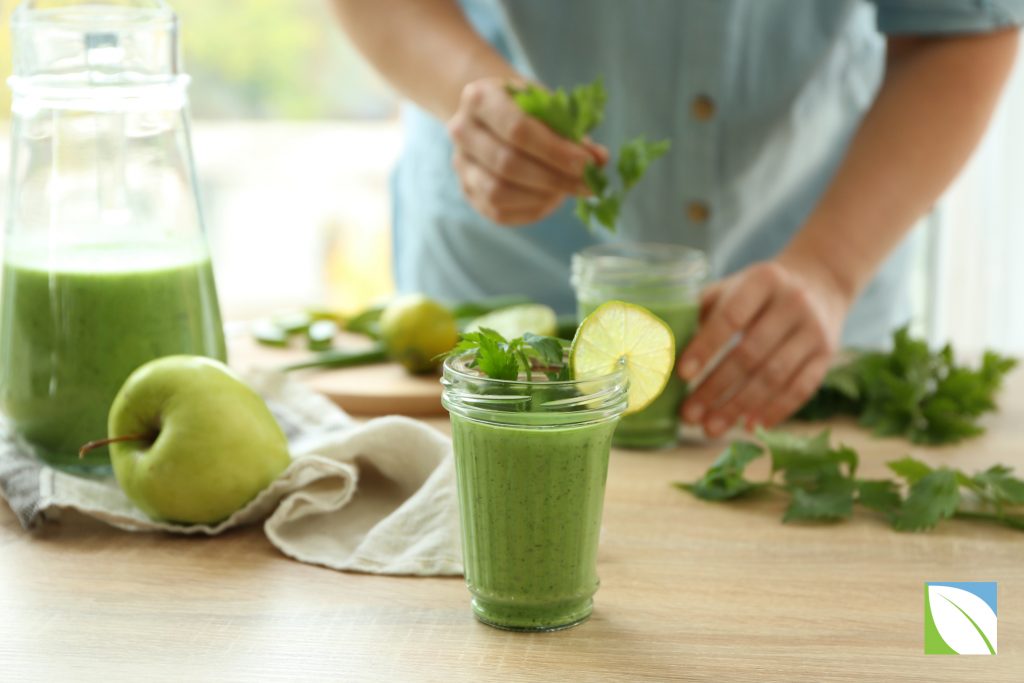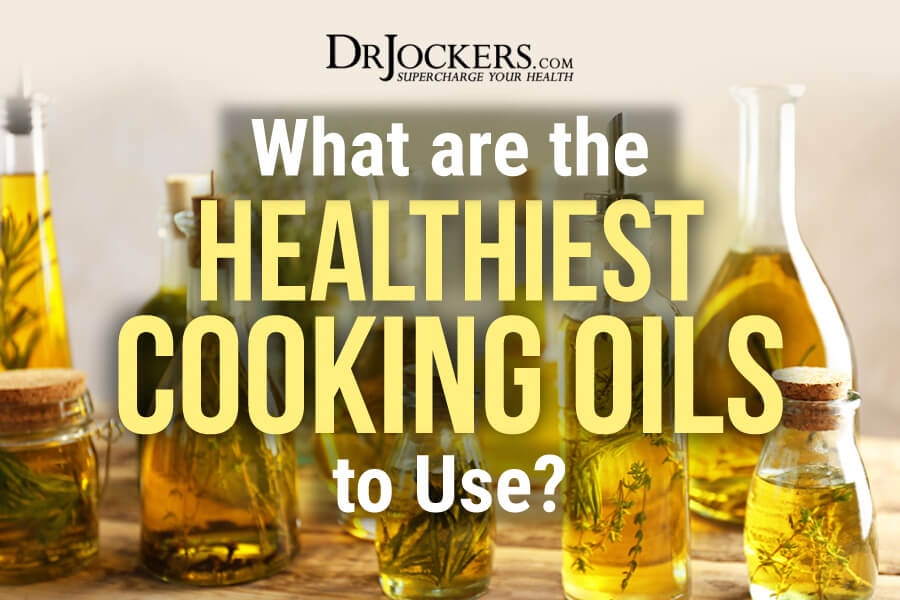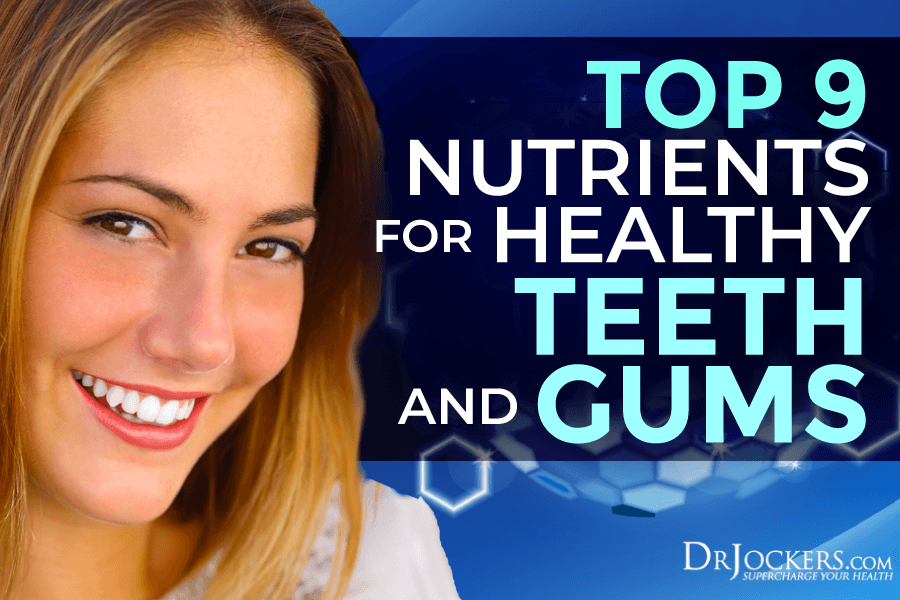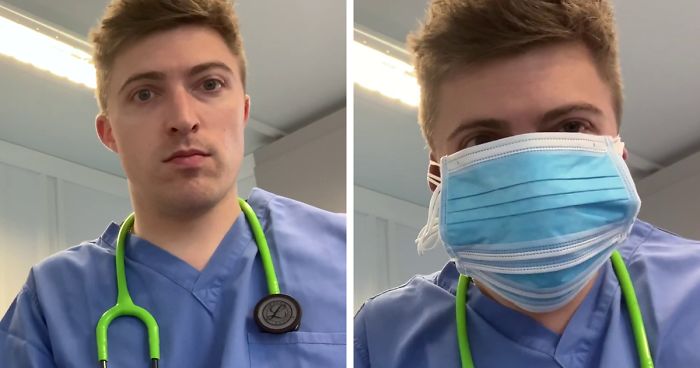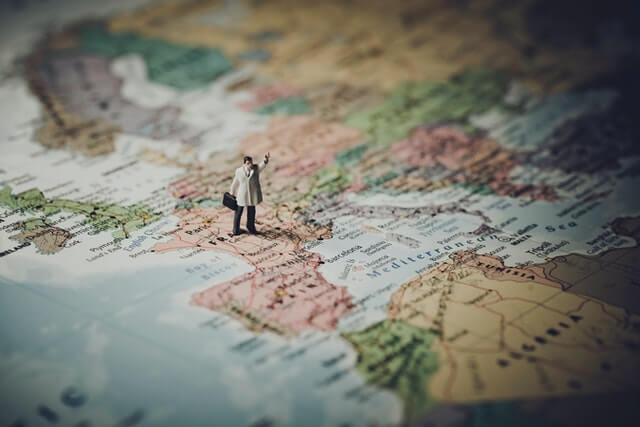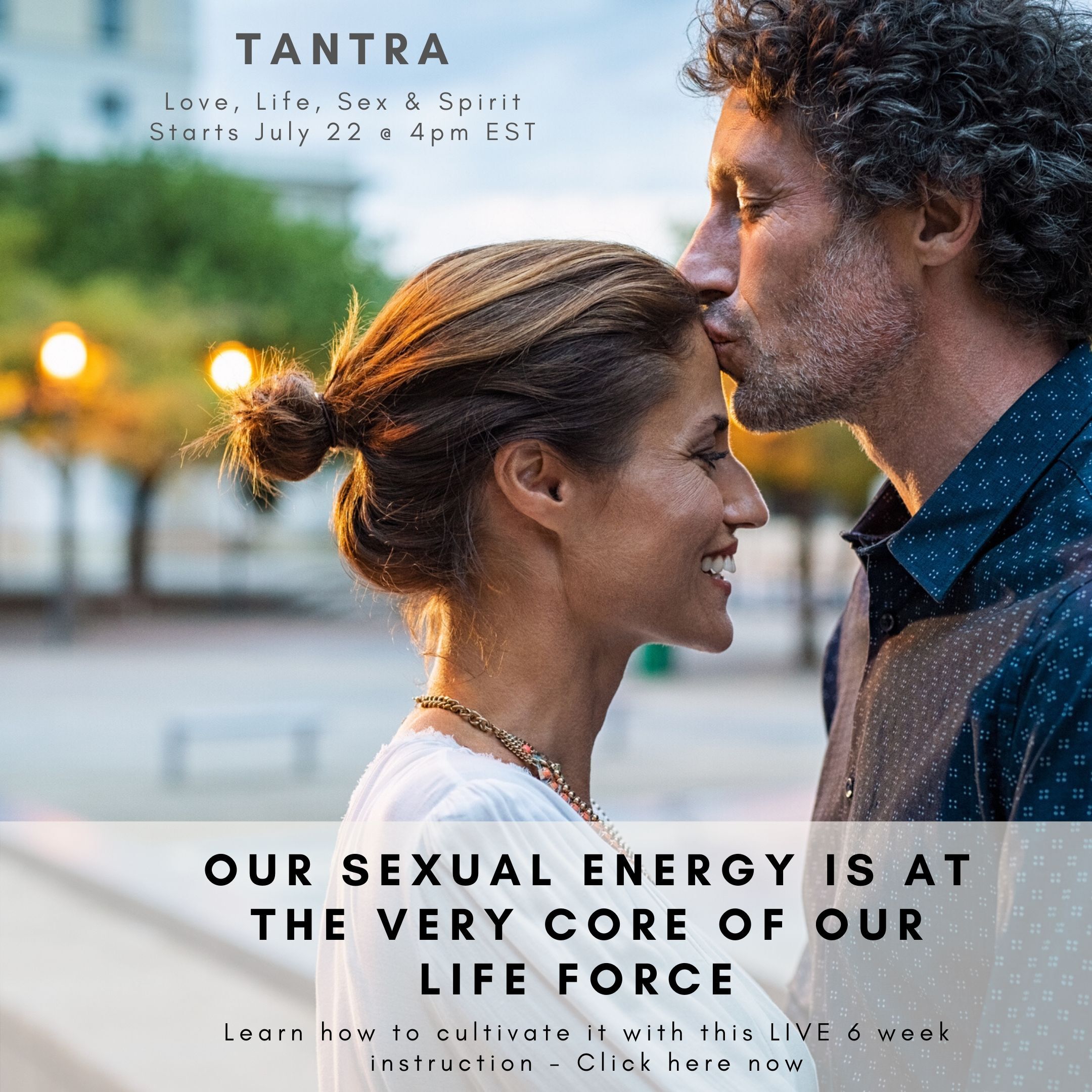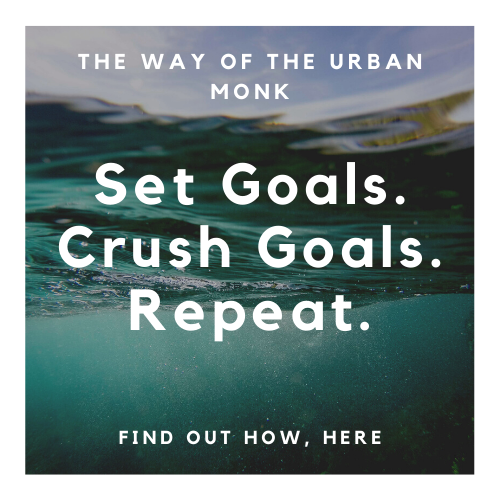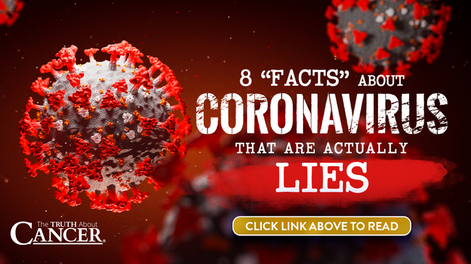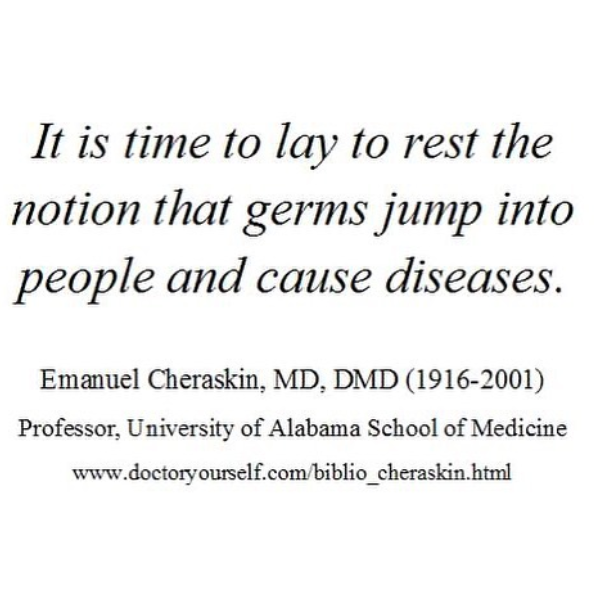YOUR HEALTH IS NOT DEPENDENT ON YOU DOING THE “RIGHT” THING.
Hey Jimi
I am about half way through the Hormone reset challenge and it’s been amazing. Women are getting downloads and having breakthroughs around their health in ways that they have never had before.
So many women have thanked me for my approach to healing the last couple days and it has been beautiful and humbling. I am practicing receiving.
One thing that I experience, time and time again, is that women are exhausted and frustrated by their health and inability to control and shift their symptoms.
Oftentimes, they have invested thousands of dollars, seen multiple practitioners, taken a bazillion supplements, survived on very limited diets….and still feel more or less the same.
They tried so hard to do it right and be perfect in order to regain their health and feel defeated and angry that they have nothing to show for it.
But here’s the thing, health is so much more than a protocol or a supplement.
If you have been following me for a while you know that I teach
emotions being the root of dis-ease.
Does this mean that diet, lifestyle and herbs don’t matter?
No, they definitely do!
I run functional labs and recommend bio-individual protocols to my clients.
But if you aren’t doing the deep inner work, then you will stay stuck on that hamster wheel of your health symptoms for years to come.
In order to transform your health, you actually need to BE a different version of yourself.
It’s easy to get stuck in the mechanics.
It’s easy to hop around searching for the next sexy supplement.
It’s much harder to lean into the discomfort of your stuck
emotions and
limiting beliefs about yourself.
It’s challenging to see where YOU might actually be the one responsible for how stuck you are.
Women (and men to some degree) have so much pressure to be perfect.
Don’t let this mindset seep into your health journey.
Your health journey is a spiritual journey that is intended to set you free.
It is intended to give you powerful feedback around what is and is NOT serving your highest good.
Health is fluidity and adaptability.
Health is body, mind and spirit.
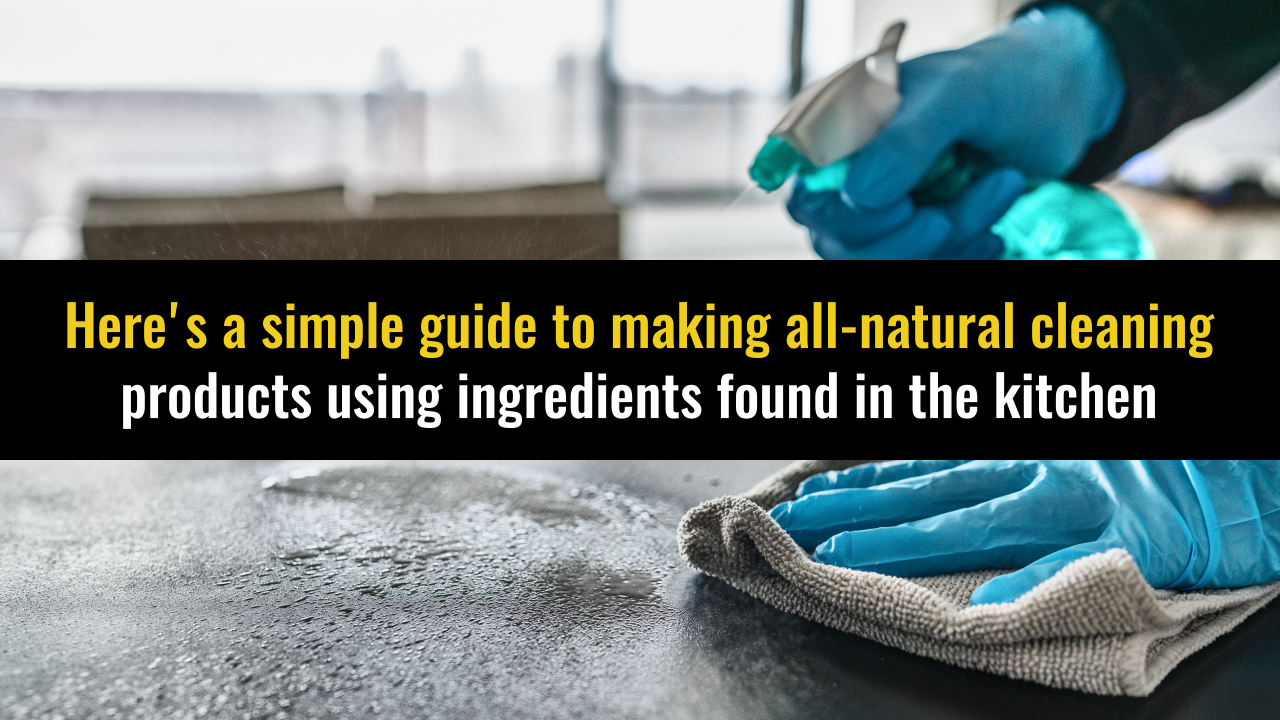
 www.brighteon.com
www.brighteon.com

